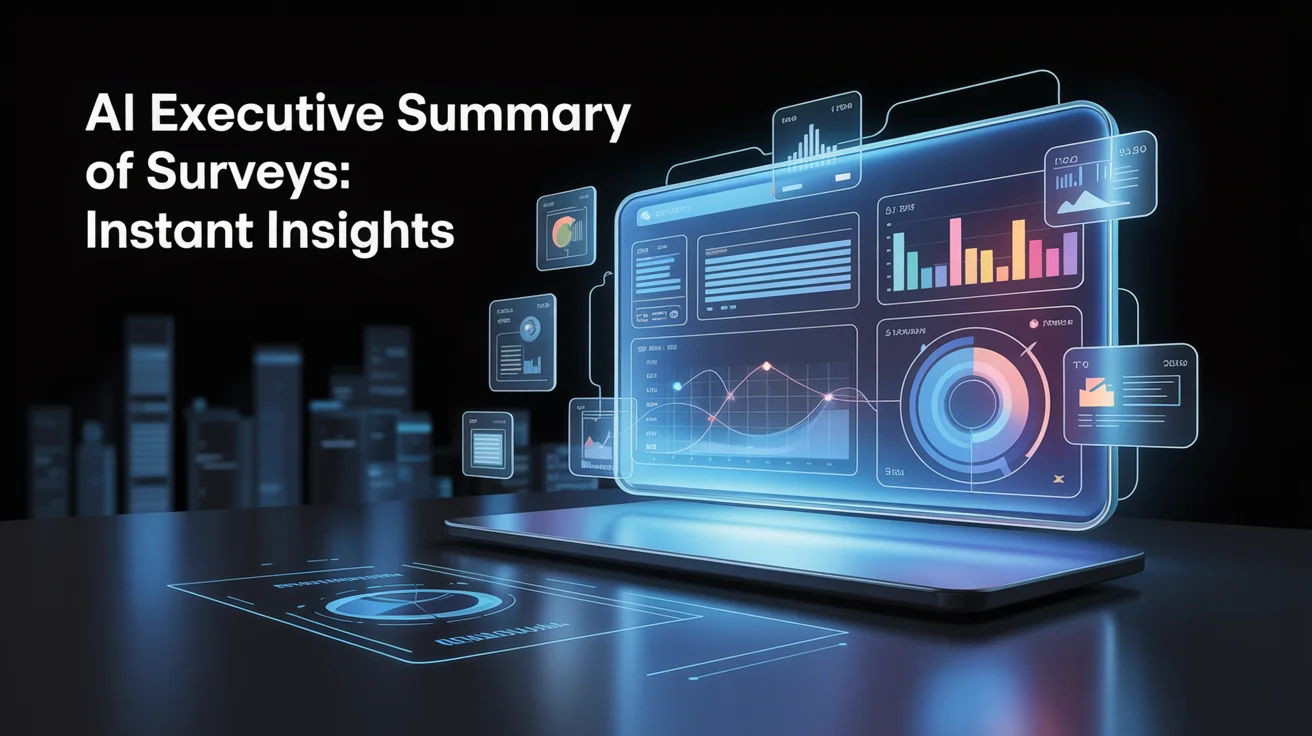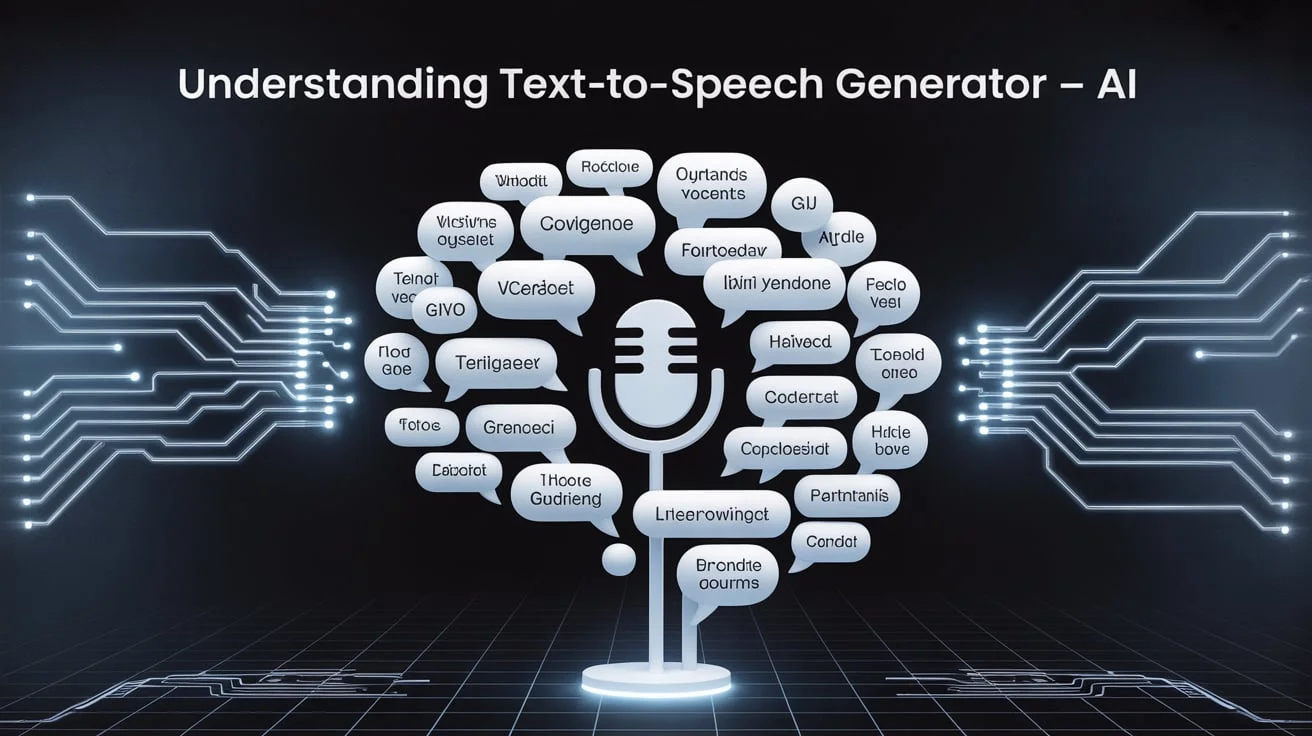In the ever-evolving world of web development, AI’s Role in Modern Web Development is becoming increasingly significant. As technology continues to advance, AI is not only enhancing the user experience but also improving website functionality, making processes faster, more efficient, and personalized.
From AI-driven design tools to automated testing and predictive analytics, AI’s integration is transforming the way websites are developed, offering smarter, more dynamic web solutions.
The role of AI in modern web development is not just a trend—it’s a necessary step toward creating smarter, more efficient, and more personalised web environments.
In this article, we will examine the profound impact of AI on web development today and its transformation of the future of the web.
1. Enhancing User Experience with AI
User experience (UX) is at the heart of web development, and AI plays a crucial role in enhancing it. Websites are no longer static pages but dynamic environments that adapt to the user’s behaviour and preferences.
AI’s ability to collect, analyse, and respond to user data enables web developers to craft personalised, responsive experiences.
For instance, AI-powered chatbots have become an essential feature on many websites. These bots can answer questions, provide support, and guide users through the website, simulating a real-time human conversation.
This not only enhances the user experience (UX) but also provides 24/7 customer support, saving businesses valuable time and resources.
Additionally, AI can optimise content delivery based on user preferences. Through machine learning algorithms, AI can analyse the type of content users engage with most and suggest similar content, enhancing the likelihood of keeping them engaged on the site.
This personalisation increases retention rates, which is critical for the success of modern websites.
2. Automating Web Development Tasks with AI

Web development encompasses a wide range of repetitive and time-consuming tasks, including coding, testing, and debugging. AI is becoming increasingly adept at automating these tasks, freeing up developers to focus on more complex and creative aspects of web development.
One notable example is the application of AI in code generation. AI tools like GitHub Copilot can assist developers by automatically suggesting code snippets tailored to the project’s context. This accelerates the development process and reduces the likelihood of human error.
Moreover, AI-powered testing tools are making quality assurance processes more efficient. These tools can simulate user behaviour and identify bugs or issues faster than traditional testing methods. They help developers identify problems early in the development cycle, resulting in more polished and bug-free websites.
3. Personalised Content Delivery
One of the most significant advancements AI brings to modern web development is personalised content delivery. AI can use data from users’ browsing habits, location, past behaviour, and demographic information to deliver highly targeted content.
For example, online shopping websites use AI to recommend products based on previous searches and purchases. By offering personalised suggestions, businesses can increase conversion rates and sales.
Benefits of Personalised Content Delivery:
- Higher engagement: By providing content relevant to users’ interests, websites can keep visitors engaged for longer periods.
- Increased conversion rates: Personalised recommendations can lead to more successful sales or sign-ups.
- Improved user satisfaction: Customers are more likely to return to a website that offers them personalised and relevant experiences.
4. AI in Web Design and Development Tools
Another key area where AI is making waves is in web design and development tools. AI is now embedded into design platforms, enabling designers to automate layout adjustments and create more efficient workflows.
These tools are powered by machine learning algorithms that understand design patterns and user preferences, allowing them to suggest optimal layouts and design elements.
AI’s capabilities in web design also extend to visual content creation. For example, tools like Adobe Sensei leverage AI to analyse photos and videos, improving image quality and even automating the editing process.
This reduces the time spent manually adjusting visual elements, making the design process faster and more efficient.
5. AI-Powered Search Engine Optimisation (SEO)
Search Engine Optimisation (SEO) is a crucial component of web development, ensuring that websites appear prominently in search engine results. AI has significantly enhanced the ability to optimise content and websites for search engine optimisation (SEO). With the aid of AI tools, web developers can analyse search trends, identify high-performing keywords, and refine their content strategies accordingly.
AI can also predict changes in search engine algorithms. By analysing vast amounts of data, AI tools can provide insights into what content and strategies are likely to perform well in the future, giving web developers a competitive edge in SEO.
Key Advantages of AI in SEO:
- Improved keyword research: AI tools can suggest long-tail keywords that are relevant to the target audience.
- Content optimisation: AI helps analyse content for keyword density, readability, and relevance, ensuring it aligns with SEO best practices.
- Voice search optimisation: With the rise of voice searches, AI can help optimise websites for voice search queries, which are more conversational and longer than text searches.
6. AI-Driven Data Analytics
Web development isn’t just about building a site; it’s about making informed decisions based on data. AI’s role in data analytics has enabled web developers to make better decisions through real-time insights.
By utilising AI-powered analytics tools, developers can gain a deeper understanding of user behaviour, traffic sources, and conversion rates.
AI can also provide predictive analytics, forecasting user actions and trends. This allows web developers and businesses to anticipate user needs and make proactive adjustments to their websites.
7. AI in Website Security
As cyber threats become more sophisticated, website security has become a major concern for web developers. AI plays a crucial role in enhancing website security by detecting and responding to potential threats in real-time.
AI algorithms can scan websites for security vulnerabilities, identify suspicious activity, and flag potential risks. This is particularly useful in detecting and preventing attacks like SQL injections, malware, and phishing attempts.
By automating the process of identifying security threats, AI allows web developers to address issues before they escalate.
Conclusion
The role of AI in modern web development is undeniable. From enhancing user experience and automating repetitive tasks to optimising SEO and improving website security, AI has become an integral part of the web development process.
In the ever-evolving world of web development, AI’s Role in Modern Web Development is becoming increasingly significant. AI enhances user experience, streamlines processes, and creates more personalized, efficient websites. As AI continues to evolve, its impact will lead to even more secure and dynamic web solutions.
By embracing AI’s capabilities, web developers can stay ahead of the curve, creating websites that are not only functional but also engaging, secure, and optimised for their users’ needs.
AI undoubtedly shapes the future of web development, and businesses that harness its power will be well-positioned for success in the digital age.
FAQ: AI’s Role in Modern Web Development
1.What is the role of AI in web development?
AI’s Role in Modern Web Development is transforming the industry by automating tasks, enhancing user experiences, optimizing SEO, personalizing content, and boosting website security. It helps developers create smarter, more efficient, and secure websites.
2. How does AI enhance user experience on websites?
AI enhances user experience by adapting websites to user behaviour and preferences. It uses machine learning to personalise content, suggest relevant items, and deploy AI-powered chatbots that provide real-time support and assistance, offering 24/7 customer service.
3. Can AI automate web development tasks?
Yes, AI can automate repetitive tasks such as coding, testing, and debugging. Tools like GitHub Copilot suggest code snippets, while AI-powered testing tools can identify bugs and issues more quickly than traditional methods, thereby improving the overall development process.
4. What is personalised content delivery in web development?
AI uses data such as browsing habits, location, and demographic information to deliver highly targeted content to users. This leads to increased user engagement, higher conversion rates, and improved customer satisfaction by offering personalised recommendations.
5. How does AI improve SEO for websites?
AI enhances SEO by analysing search trends, identifying high-performing keywords, optimising content for keyword density and readability, and predicting changes in search engine algorithms. AI also helps in optimising content for voice search, which is becoming more prevalent.




